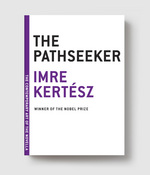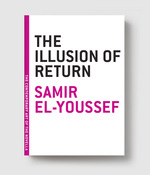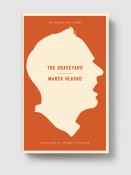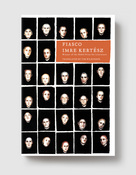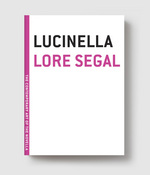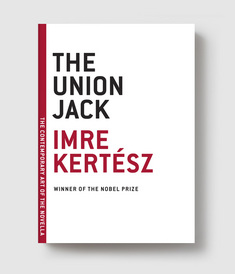
List price: $11.00
Buy
- Pages80
- ISBN9781933633879
- Publication dateJanuary, 2010
- Categories
- Booksellers
- Media
- Academics & Librarians
The Union Jack
Imre Kertész
Translated by Tim Wilkinson
A haunting, never-before-translated, autobiographical novella by the 2002 Nobel Prize winner.
An unnamed narrator recounts a simple anecdote, his sighting of the Union Jack—the British Flag—during the Hungarian Revolution of 1956, in the few days preceding the uprising’s brutal repression by the Soviet army. In the telling, partly a digressive meditation on “the absurd order of chance,” he recalls his youthful self, and the epiphanies of his intellectual and spiritual awakening—an awakening to a kind of radical subjectivity. In his Nobel address Kertész remembered:
“I, on a lovely spring day in 1955, suddenly came to the realization that there exists only one reality, and that is me, my own life, this fragile gift bestowed for an uncertain time, which had been seized, expropriated by alien forces, and circumscribed, marked up, branded—and which I had to take back from ‘History’, this dreadful Moloch, because it was mine and mine alone…”
“…An enormous effort to understand and find a language for what the Holocaust says about the human condition.” —George Szirtes, Times Literary Supplement
“…Searching and visionary beyond the usual parameters.” —Sven Birkets, Bookforum
“In explaining something of the weight and importance of Kertész’s subjects and creative achievements, it is hard to convey simultaneously the deftness and vivacity of his writing….There is something quintessentially youthful and life-affirming in this writer’s sensibility…” —Ruth Scurr, The Nation


